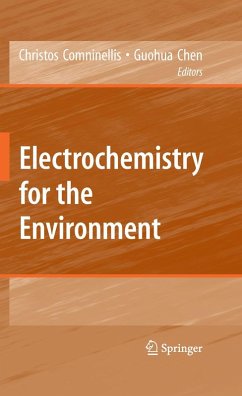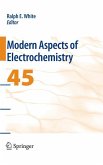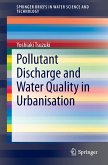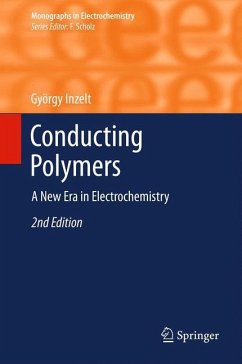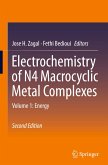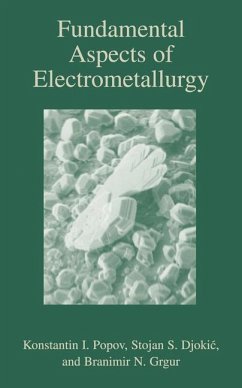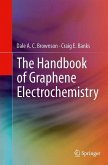Wastewater treatment technology is undergoing a profound transformation due to the fundamental changes in regulations governing the discharge and disposal of h- ardous pollutants. Established design procedures and criteria, which have served the industry well for decades, can no longer meet the ever-increasing demand. Toxicity reduction requirements dictate in the development of new technologies for the treatment of these toxic pollutants in a safe and cost-effective manner. Fo- most among these technologies are electrochemical processes. While electrochemical technologies have been known and utilized for the tre- ment of wastewater containing heavy metal cations, the application of these p- cesses is only just a beginning to be developed for the oxidation of recalcitrant organic pollutants. In fact, only recently the electrochemical oxidation process has been rec- nized as an advanced oxidation process (AOP). This is due to the development of boron-doped diamond (BDD) anodes on which the oxidation of organic pollutants is mediated via the formation of active hydroxyl radicals.
From the reviews:
"A ... book focussing on electrochemical approaches to the protection of the environment is timely and to be welcomed. ... The nineteen chapters in this book are all written by authors with broad experience of their topics ... . All chapters are extensively referenced. I have no doubt that this book will be valuable to scientists and engineers presently working in the field or seeking to enter it." (Derek Pletcher, Journal of Applied Electrochemistry, Vol. 40, 2010)
"A ... book focussing on electrochemical approaches to the protection of the environment is timely and to be welcomed. ... The nineteen chapters in this book are all written by authors with broad experience of their topics ... . All chapters are extensively referenced. I have no doubt that this book will be valuable to scientists and engineers presently working in the field or seeking to enter it." (Derek Pletcher, Journal of Applied Electrochemistry, Vol. 40, 2010)

